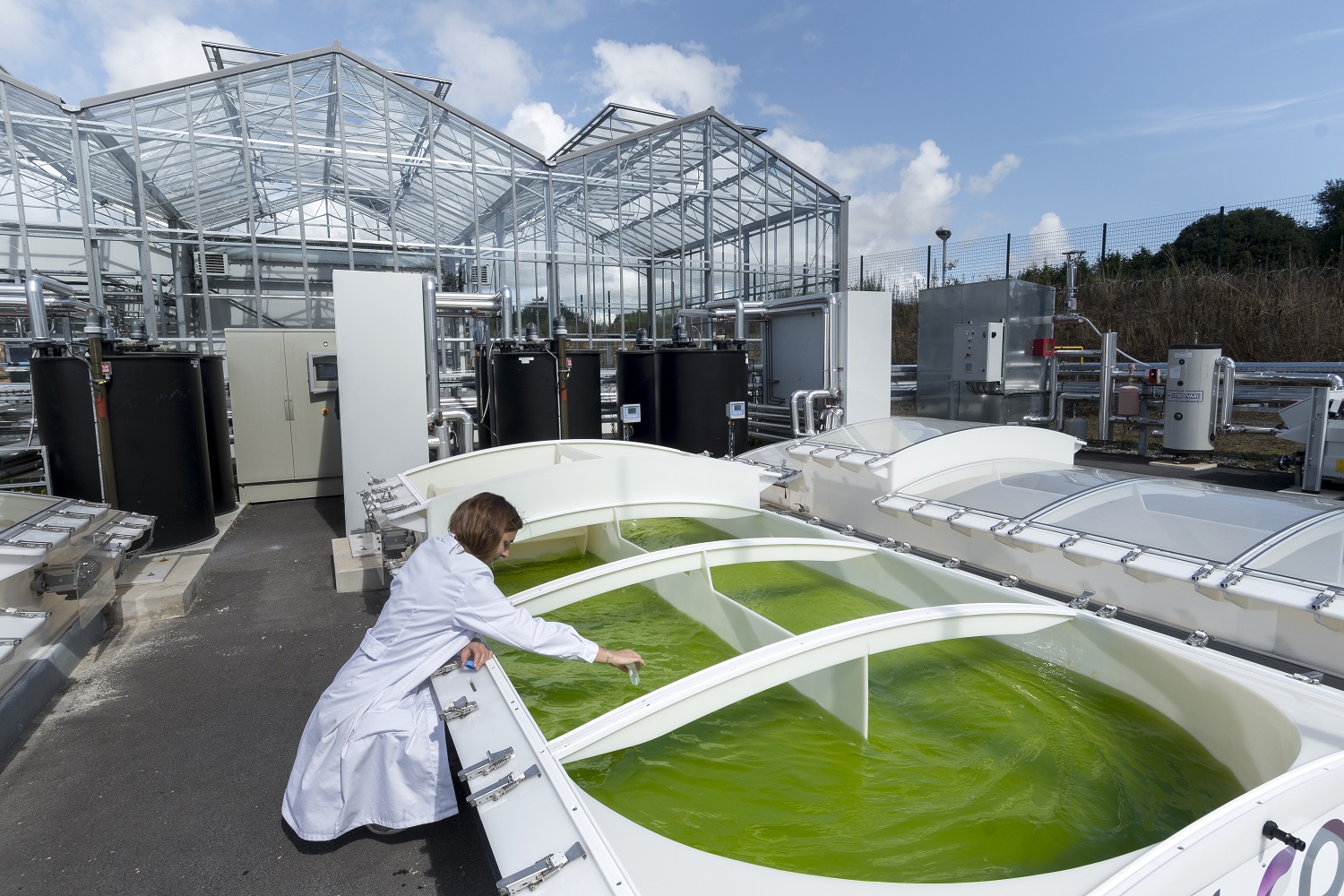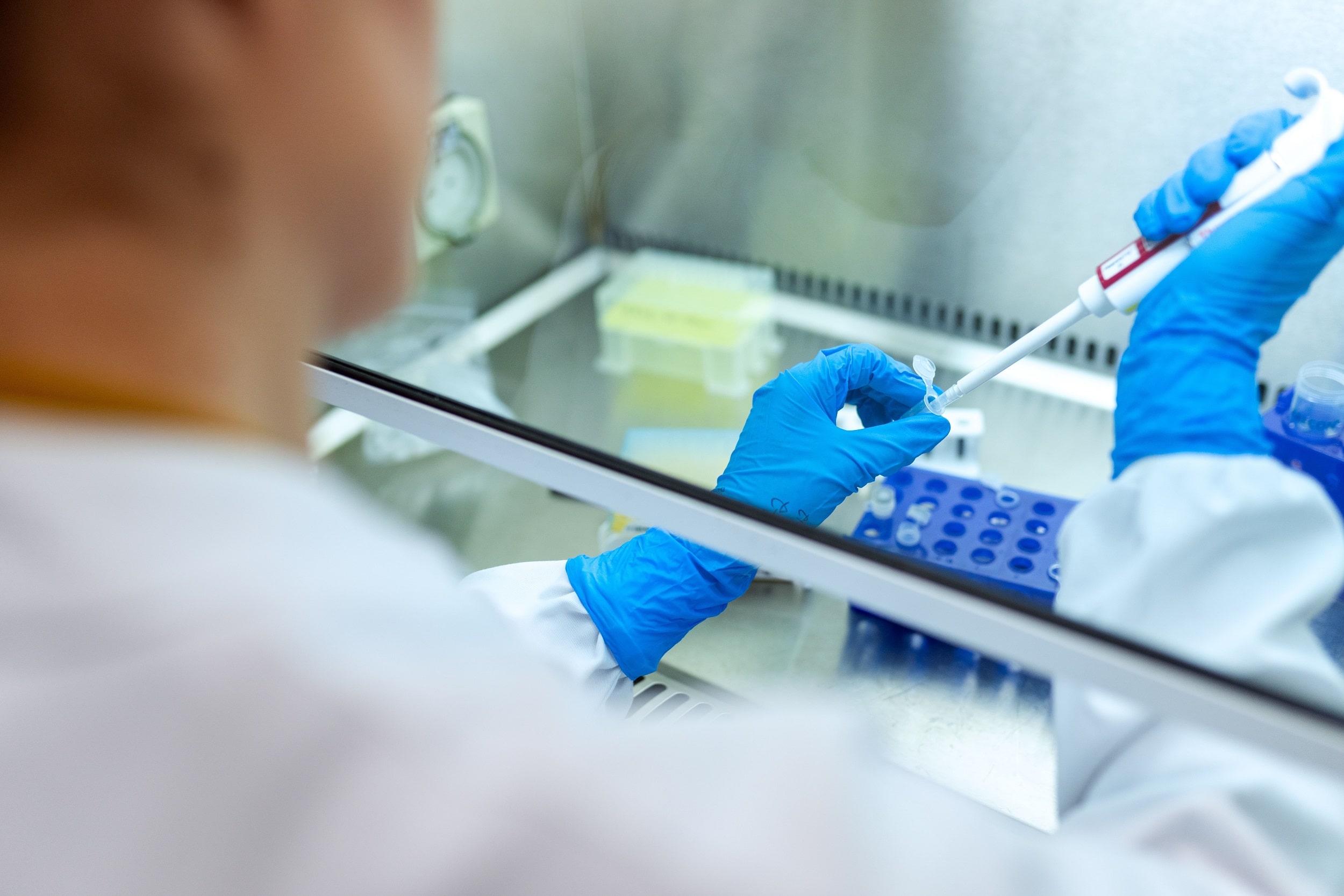In February 2021, the refining company SARA launched an ambitious industrial ecology project, managed by ADEME (French Agency for Environment and Energy Management). This pioneering industrial ecology undertaking will serve to implement the construction of an immense demonstrator facility in French Guiana — the largest of its kind to be built on French territory to date. It aims to create novel, sustainable systems based on the valorisation of industrial CO2 through the large-scale production of microalgae. This highly innovative venture draws upon several research projects in order to roll out the cultivation of microalgae for third-generation biofuels, as well as biomaterials and dietary supplements. As its research partners, SARA selected the GEPEA Laboratory via its world-renowned AlgoSolis platform, and CAPACITÉS, the private engineering and research valorisation subsidiary of the University of Nantes. As a subcontractor, the Saint-Nazaire company, AlgoSource, will also play its part.
Forging a microalgae-based bioeconomy in French Guiana
In its role as coordinator of this project, called the PIAN project, SARA, a refining company based in Martinique, Guadeloupe and French Guiana, has been developing initiatives concerning new energies, environmental protection and bio-based economies for many years. The PIAN project is geared towards fostering the microalgae sector in Overseas France, starting with French Guiana, where the climatic conditions are particularly favourable to microalgal culture. Its ultimate goal is the large-scale roll-out of simple cultivation systems that take full advantage of these conditions in order to establish and sustain a new bioeconomy, thereby promoting job creation while reducing environmental impact and valorising CO2 emissions from industrial sites.
This long-standing partnership with the GEPEA Laboratory, for which CAPACITÉS and AlgoSource act as subcontractors, dates back to 2017. Our initial collaboration involved evaluating the viability of integrating microalgal culture into industrial ecology and circular economy. CAPACITÉS’s engineers took samples of around 10 strains of algae from their natural environment in French Guiana and screened them for their growth rate and capability to accumulate lipids at the AlgoSolis facility in Saint-Nazaire. Their research served to isolate, among others, several high-potential endemic strains, with three strains showing particular promise for biofuel production.
Scaling up a cultivation process devised in 2017
The PIAN project has served to consolidate these efforts by confirming their viability with respect to integrating microalgal production into French Guiana. Having been selected during a call for proposals issued by “Programme d’Investissement d’Avenir” (PIA assigns innovation funding financed by the French government), entitled “Bioéconomie et Protection de l’Environnement” (Bioeconomy and Environmental Protection), which is managed by ADEME, the PIAN project will be developed over a period of three years. Its total cost is €5.64 million, of which €4.9 million qualifies for ADEME funding, and whereof €0.74 million was awarded to the GEPEA for its partnership role.
These funds are to finance the installation of a demonstrator facility at one of the SARA industrial sites in order to define, approve and optimise integrated procedures for two strains that have yet to been grown over large areas. The selected strains are spirulina, which will be cultivated for new applications in nutrition, cosmetics and biomaterials, as well as a local oleaginous microalgae, previously identified by the GEPEA Laboratory, for the production of 3G biofuels. New generation processes, called wet processes, which were developed on the GEPEA’s AlgoSolis platform, will be tested here.
Thanks to PIA’s funding, SARA will thus be able to launch a new phase in its industrial development by constructing a demonstrator facility that will provide the necessary data for further implementation on future sites. It has demonstrated its continued trust in the GEPEA, which in turn has chosen to join forces with CAPACITÉS and AlgoSource, once again, in order to bring this project to fruition.
This far-reaching project represents the culmination of several years of research and collaboration with CAPACITÉS regarding the use of microalgae in industrial ecology, large-scale solar cultivation and third-generation biofuels.



